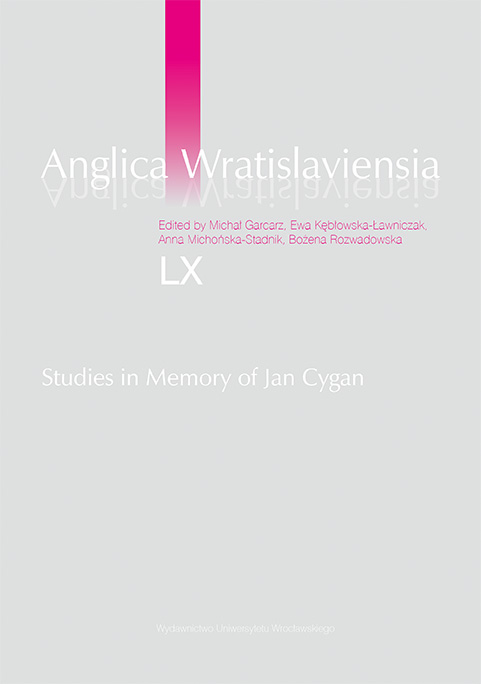

Articles

The English noun ‘Jew’ is the lexical equivalent of the Hebrew word yehudi (in plural yehudim), which is used in opposition to goyim as members of all other nations. These two nouns are rendered in various languages in a considerable number of different ways. The article focuses on their translational equivalents in Greek, Latin and in numerous selected Polish and English versions of the Bible. The confrontation of these equivalents yields what I elsewhere call “the Bible translation imbroglio”. Yet, this chaos has no adverse impact on faithful Jews and Christians for whom the Bible is a sacred text. This is so because for every faithful reader, every contact with the Bible in whatever version, at least in principle, constitutes a fresh unique religious experience, and the number of such unique experiences certainly exceeds the number of all existing versions of the Bible. Every individual experience of this kind is tantamount to creating a new target version of the Bible, even if the particular source text remains unaltered. Pious readers believe that the Bible is the way by means of which God sends His Word carrying His Message to people, and that this Word remains unchanged, even if words in different languages carrying this message may be different, unstable and inaccurate.